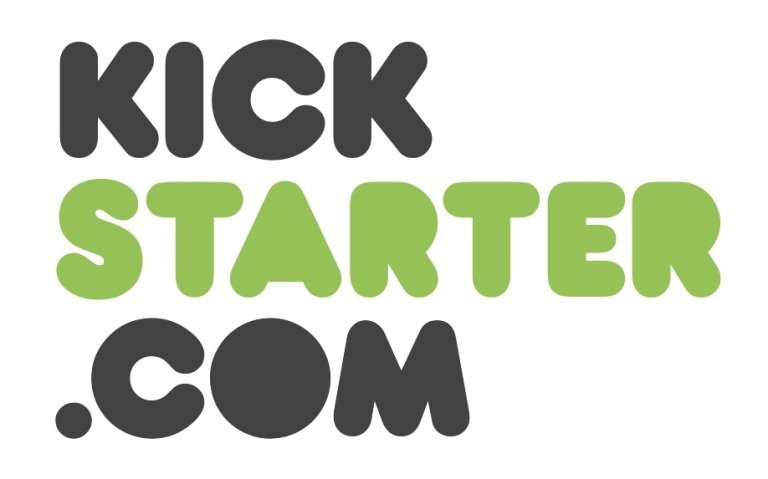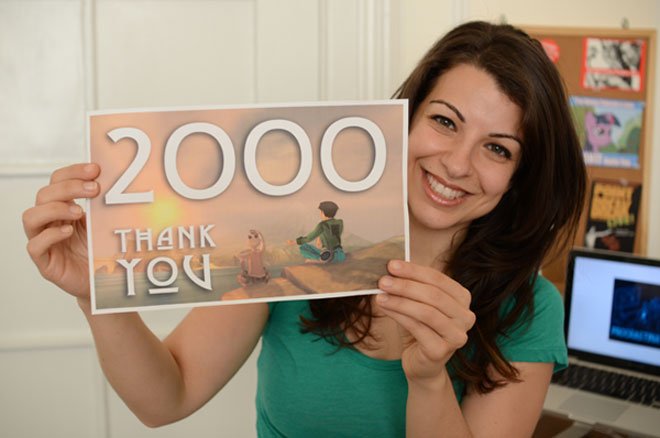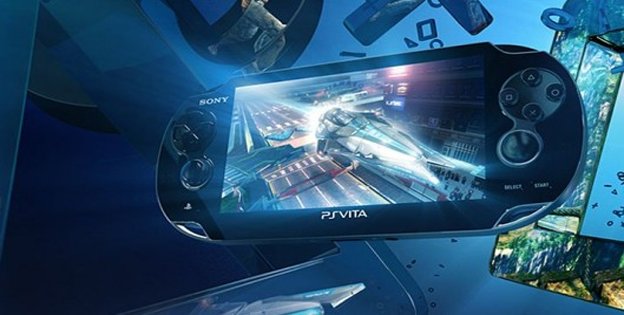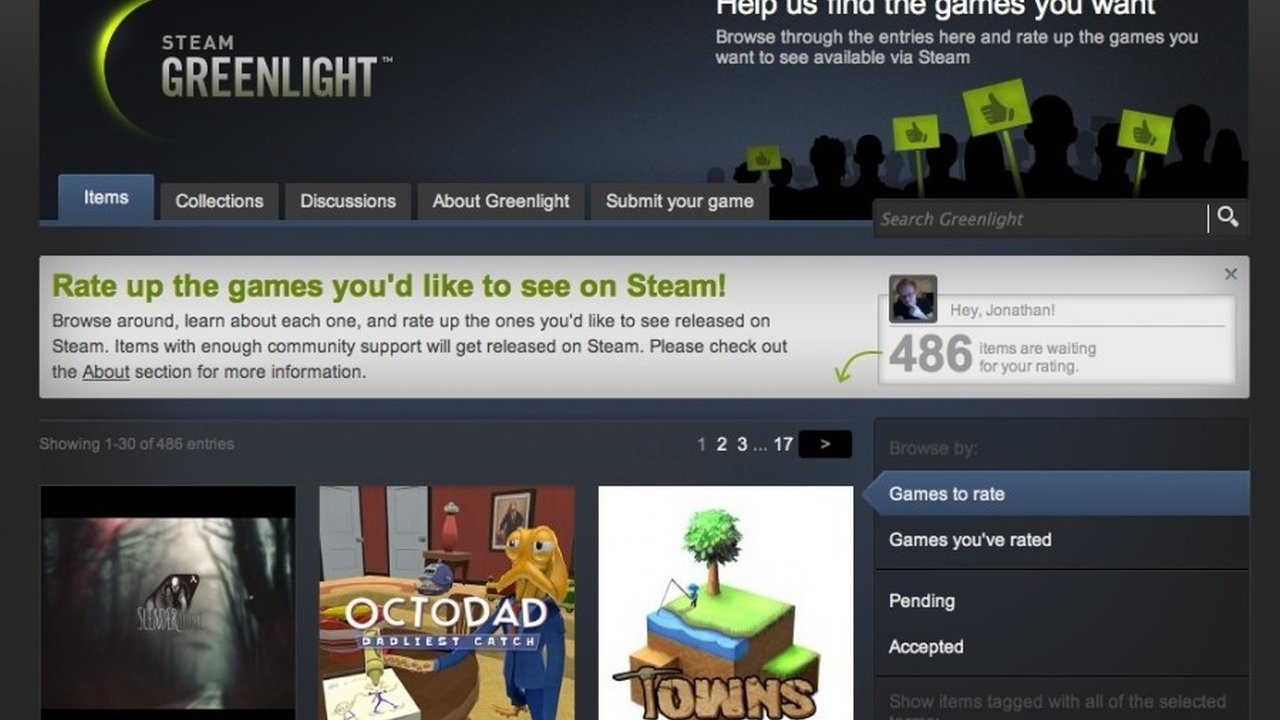The end of the year provides a good opportunity to look back at how videogames have progressed or faltered over the last twelve months. Next week we’ll enter the New Year on a more positive note with a list of happy, inspiring events, trends and games, but, for now I’m starting off with my least favourite parts of 2012 because, well, it’s always nice to get the bad news first, isn’t it?
Greenlight Stumbles Out of the Gate
Steam’s Greenlight service was really exciting when it was announced. Valve’s crowd-sourced indie game vetting system sounded like something fantastic but, when it launched, it was flooded with hastily designed joke titles and similarly worthless dreck. The introduction of a submission fee stopped this steady stream of garbage, but only swapped one problem for another in making every Steam submission prohibitively expensive for unfinanced indie developers. Greenlight, instead of acting as the road to mainstream visibility that most indie creators and fans hoped it would be, has become something much less valuable.
Here’s hoping Valve refines the system in 2013 and finds a way to make Greenlight as good as it should be.
Everyone Has a Kickstarter Project
Kickstarter, while more successful than Greenlight, has also had a troubled year in many ways. Although the crowd funding network did manage to do some great work in upsetting the familiar developer/publisher dynamic (more on this next week) its immense popularity has also caused it to become misused. 2012 saw Kickstarter rise in public consciousness to the point of oversaturation, making it less effective as a tool for indie game creation. The dilution of the platform means that now, unless a project is proposed by a developer with some level of name recognition, almost no one is willing to pay any attention to interesting ideas.
And speaking of Kickstarter . . .
Misogyny Rears Its Ugly Head
Just thinking about the whole Anita Sarkeesian debacle still makes me feel immensely sad, not to mention a little sick. In summary: Sarkeesian, a feminist pop culture critic, begins a Kickstarter campaign that aims to produce videos examining the portrayal of women in games. In response to this innocuous (and, I’d argue, actually pretty valuable) project, a horde of misogynist “gamers” launch stomach-churning vitriol at Sarkeesian in the form of rape threats, promises of murder and a litany of disgusting anti-feminist messages. 2012 has been a dark year in this respect. Game critics who believe in equality and diversity have had our work cut out for ourselves in pushing back an overwhelming tide of hateful nonsense. I can only hope that some of our writing has had a positive impact on the kind of jerks who helped contribute toward making this year such a painfully regressive one.

Nintendo Doesn’t Like Its Fans
On a less sociologically important note, it’s worth remembering that 2012 saw the beginning of a new console generation with the launch of Nintendo’s Wii U. Unfortunately, the console’s release has been something of a bummer, Nintendo once again punishing the support of its most loyal fans with poorly designed hardware (tiny hard disks are not excusable in today’s download-intensive videogame industry), mean-spirited security measures (user accounts being tied to individual systems, restrictive thumb drive transfers) and a dismal launch line-up filled with sloppy ports (Batman: Arkham City, Epic Mickey 2) and an uninspired first-party game like New Super Mario Bros. U. Nintendo has a lot of work ahead of it if it hopes to make the Wii U a worthwhile console in the year to come.

Sony Fails to Support the PlayStation Vita
Nintendo isn’t the only hardware designer to seriously botch the introduction of a new product. Sony’s PlayStation Vita, while a nifty piece of technology, has hardly been supported by the company that developed it. Aside from a few interesting titles like Gravity Rush, the Vita provides very few justifications for its existence. Needlessly expensive memory cards and an absence of worthwhile exclusive games have stopped the handheld from gaining the install base it needs to attract creative developers to the platform. Sony is going to need to get its first-party studios hard at work making great games in 2013 if it hopes to give the Vita the legs it needs to attract buyers — or rekindle enthusiasm in owners.




